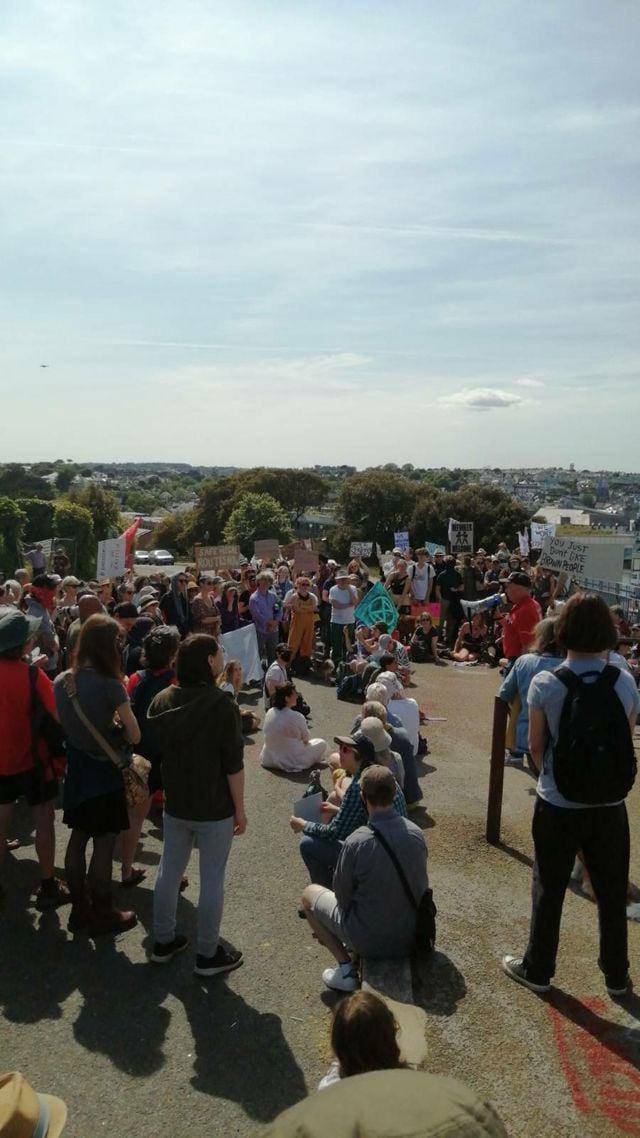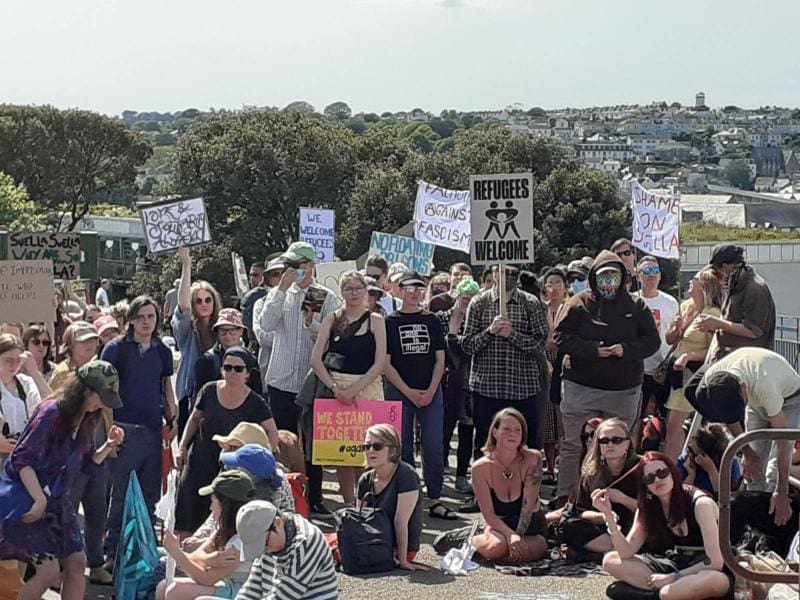The UK government is secretly funding Turkey’s border forces to keep migrants out. A freedom of information (FOI) request revealed that it has handed £3m to the Turkish government to stop refugees from entering Europe.
The FOI request by the Guardian detailed that the Home Office has diverted money to Turkish security forces to stem the flow of desperate refugees and migrants. This included practical training and material support. The money was taken from a fund meant for overseas development.
The £3m figure is for the last year. But, the report suggests that the payments have been steadily increasing since 2019. The Guardian reported:
The funding was diverted from the official development assistance (ODA) budget and delivered through Home Office International Operations, part of the department’s Intelligence Directorate.
The UK also gifted security equipment, including nine vehicles to Turkey. This is despite, as the Guardian pointed out, Turkey’s track record of using violent force including live rounds against migrants.
Refugee plight ignored
Human rights lawyer Mahmut Kaçan told the paper that the UN overlooked Turkish brutality against refugees. And he said donor countries were responsible too:
The UNHCR never criticises or mentions what Turkey is doing at the border. They are complicit in the deaths of these people, as are the EU and other countries that are giving money to Turkey for border security.
And an anonymous Home Office source explained how the process of funding worked:
We offer our expertise and provide officials [locally] with evidence, showing the routes we think illegal migrants or gangs are operating along… It’ll probably be along the lines of: ‘This is a route smugglers and illegal migrants use to get to the UK, we need to do more to stop it.’
The source added:
The Turkish government will then respond by saying: ‘This is what we need to be able to do that’, and then we fund it, basically.
Accountability?
The same source said that accountability wasn’t high on the agenda for the UK government:
We don’t tend to hold local forces to account with any targets but certainly if we say: ‘We need to bolster X area of border security’, Turkey might respond by saying they need Y in order to boost border officer numbers and we’ll help them to do that.
A spokesperson for the Joint Council for the Welfare of Immigrants said the revelation exposed the British government’s real attitudes:
This government has shown that it will break international law to prevent people from exercising the fundamental human right to seek safety.
The UK government has been caught out again. Whether on the English Channel or at the Turkish border, it is absolutely committed to putting the boot into some of the most desperate people on earth. And, as ever, the unwitting taxpayer is funding it.
Featured image via Wikimedia Commons/Amada44, cropped to 1910 x 1000, licenced under CC BY-SA 4.0.
By Joe Glenton
This post was originally published on Canary.
 NOT MY BILL
NOT MY BILL On Saturday, we joined
On Saturday, we joined 


 (@refugeecouncil)
(@refugeecouncil)